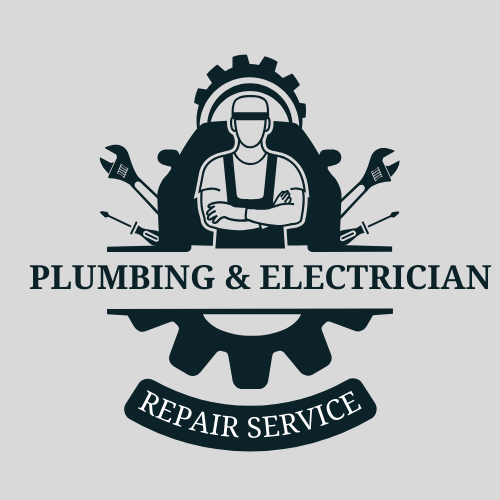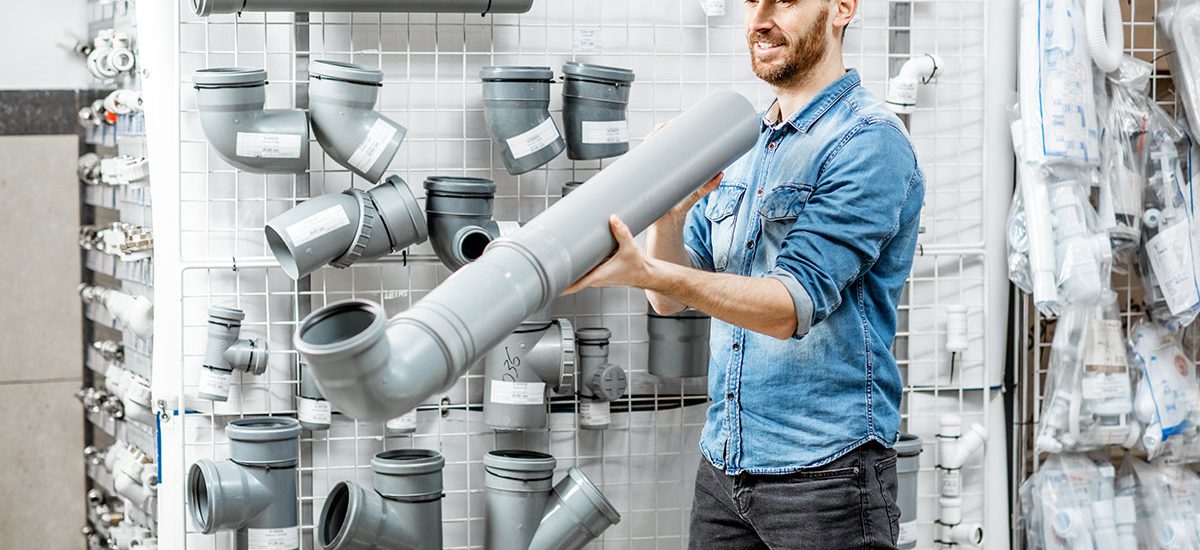Working on commercial plumbing requires a unique set of skills, tools, and knowledge compared to residential plumbing. Commercial systems are generally larger, more complex, and must adhere to stricter regulations. Here’s a detailed breakdown of what it involves:
Key Aspects of Commercial Plumbing
1. Larger and More Complex Systems
- High Volume Usage: Commercial properties (e.g., offices, restaurants, malls) demand plumbing systems that can handle higher water and waste volumes.
- Multiple Fixtures: Numerous sinks, toilets, urinals, and specialty fixtures require an interconnected system.
- Zoning and Multiple Floors: Commercial plumbing often involves servicing multi-story buildings, requiring careful design of pressure zones, pumps, and venting.
2. Specialized Equipment
- Grease Traps and Interceptors: Essential for kitchens to prevent grease from clogging sewer lines.
- Backflow Prevention Devices: Protect potable water supplies by preventing contamination.
- Industrial Water Heaters: Larger capacity heaters or boilers are needed for continuous hot water supply.
- Drainage Systems: Includes stormwater management, often integrated with municipal systems.
3. Stringent Codes and Standards
- Compliance with Local Building Codes: Commercial projects must adhere to stricter plumbing codes, including health, safety, and environmental requirements.
- ADA Compliance: Ensuring plumbing fixtures are accessible for people with disabilities.
- Periodic Inspections: Regular inspections to maintain permits and certifications.
4. Tools and Technology
- Pipe Threading Machines: For custom pipe fitting in large installations.
- Hydrostatic Pressure Testing Tools: Ensure system integrity before being operational.
- BIM (Building Information Modeling): Helps design and plan complex plumbing layouts for large-scale projects.
- Remote Monitoring: IoT devices for water usage, leak detection, and system diagnostics.
Common Commercial Plumbing Tasks
1. Installation
- New construction involves installing water supply lines, drainage systems, and specialty plumbing fixtures.
- Commercial installations often require prefabricated components for faster assembly.
2. Maintenance
- Routine inspections and maintenance of grease traps, water heaters, and backflow preventers.
- Regular cleaning of drains and pipes to prevent clogs in high-usage environments.
3. Repairs
- Addressing leaks, burst pipes, or malfunctioning fixtures promptly to minimize downtime.
- Using non-invasive methods like video pipe inspections to diagnose issues without disrupting operations.
4. System Upgrades
- Retrofitting older buildings with energy-efficient systems, low-flow fixtures, and smart water management solutions.
5. Emergency Services
- Dealing with critical issues like broken sewer lines or water main breaks, often requiring rapid response to prevent business disruptions.
Challenges in Commercial Plumbing
- Downtime: Repairs or installations often need to be scheduled outside business hours.
- Coordination: Working alongside other trades (electricians, HVAC technicians) during construction projects.
- Accessibility: Systems may be located in hard-to-reach areas, requiring specialized tools.
- Pressure Management: Ensuring water pressure is adequate for multi-story buildings without overloading pipes.
Essential Skills for Commercial Plumbers
- Blueprint Reading: Ability to interpret architectural and engineering plans.
- Problem-Solving: Diagnosing complex issues in interconnected systems.
- Regulation Knowledge: Staying updated on changing local, state, and federal codes.
- Communication: Coordinating with contractors, property managers, and building occupants.
Modern Advancements in Commercial Plumbing
- Touchless Fixtures: Enhancing hygiene in restrooms and kitchens.
- Greywater Recycling: For reducing water waste in large facilities.
- Tankless Water Heaters: Energy-efficient solutions for commercial kitchens and bathrooms.
- Automation: Centralized control systems for monitoring and managing water usage.
Commercial plumbing is an integral part of any commercial property, requiring expertise and careful planning to ensure long-lasting and efficient systems.


